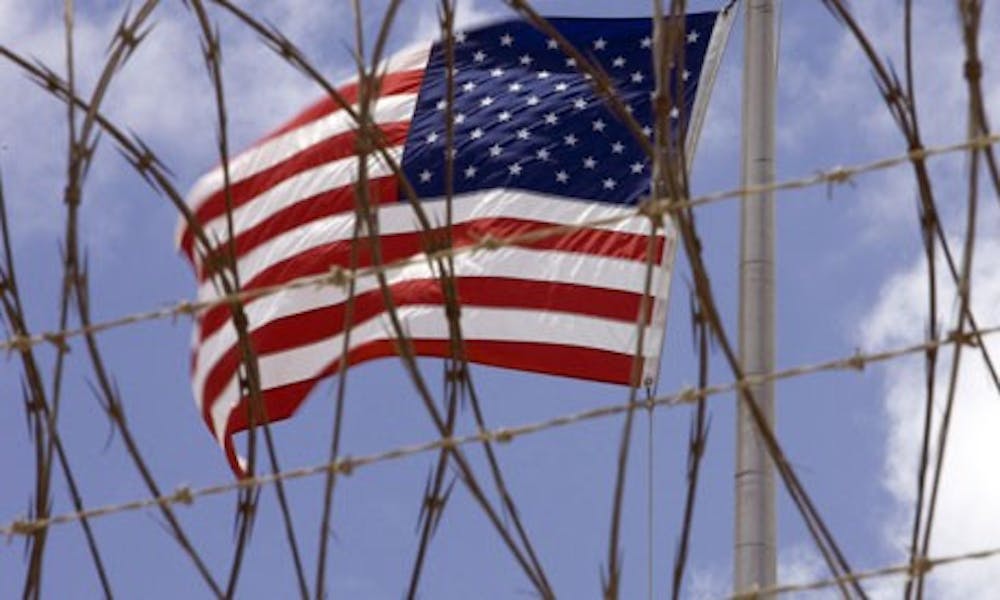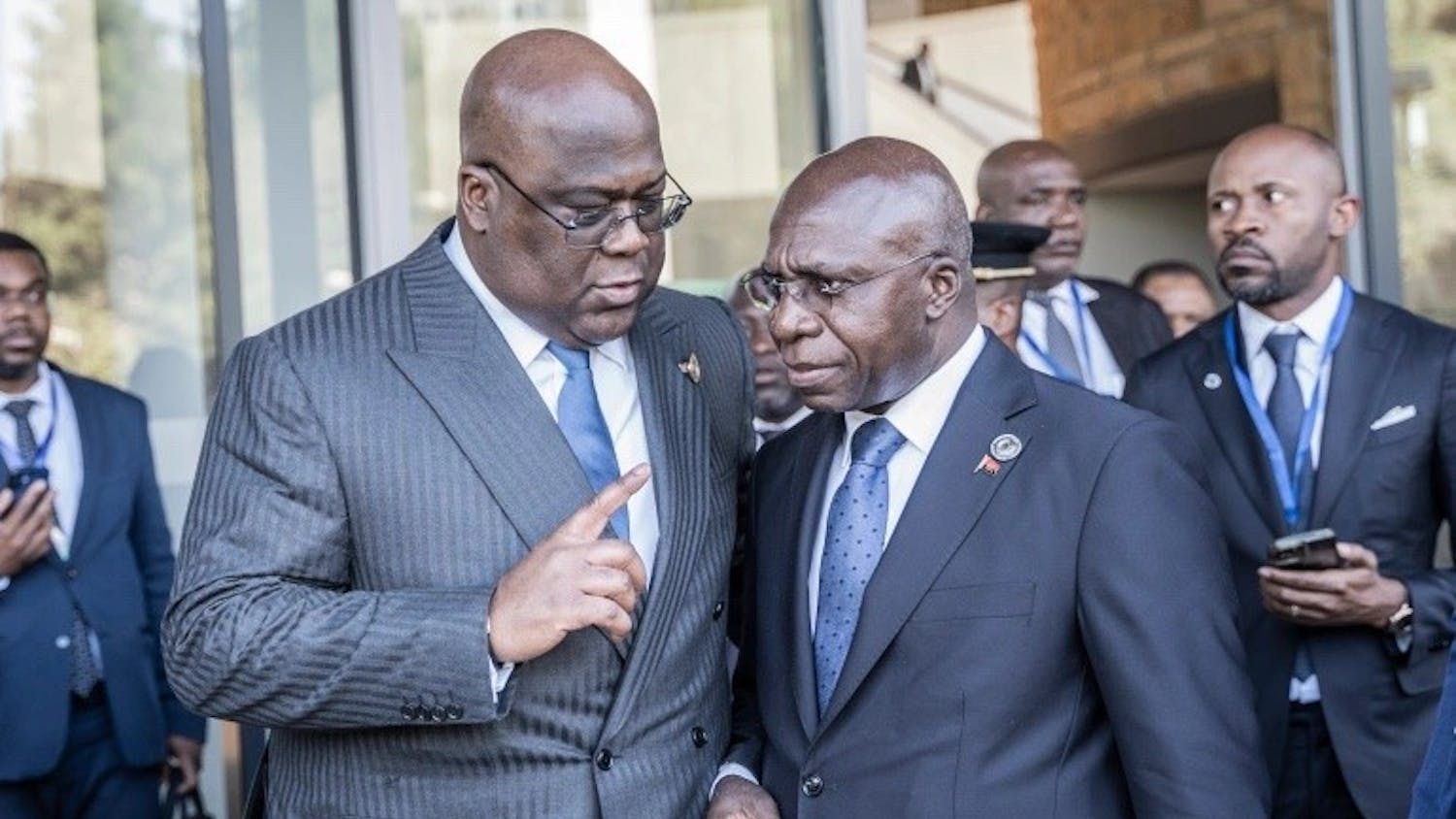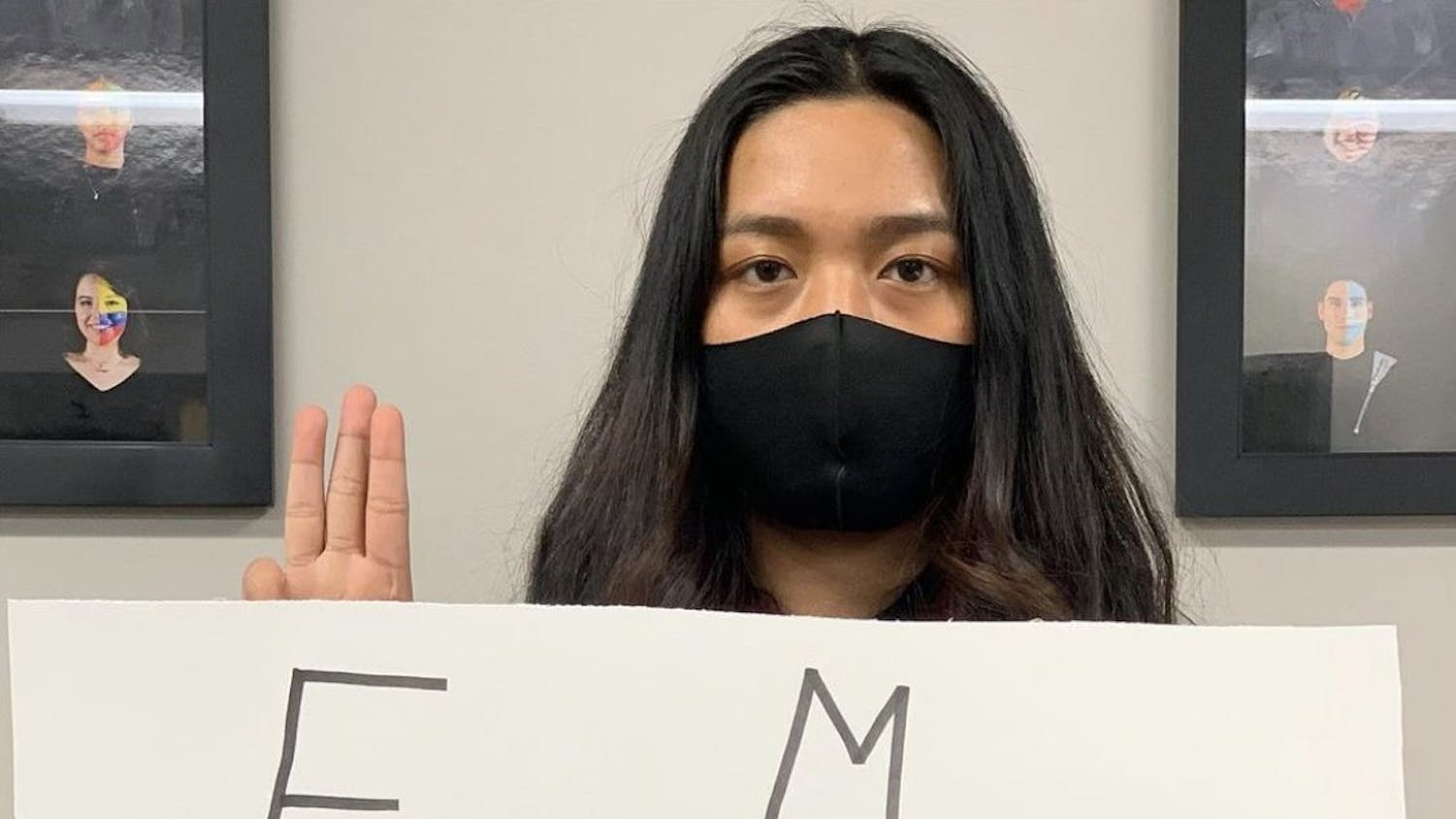By E. Patrick Neer | Echo
It's time for the global policeman to take an honest look in the mirror.
The United Nations denounced the U.S. for 25 human rights issues in a report released Thursday, March 20, Al-Jazeera reported. The U.N. report's initial goal was an assessment of the U.S.'s compliance with the International Covenant on Civil and Political Rights (ICCPR), according to the Guardian.
Areas of concern highlighted by the U.N. report were wide-ranging across social and political issues. Racial disparities in the justice and prison systems were cited as a major concern, as was the U.S. government's use of drone warfare. The drone program's lack of transparency and its overly broad definition of what merits a strike both defy the norms of international law.
Sir Nigel Rodley, a British law professor, headed the human rights committee in charge of the report. The widespread surveillance of American and international citizens by the NSA was an area of particular concern. Rodely strongly recommended that in response, the U.S. government develop means of restitution for citizens who had been unfairly spied upon.
Walter Kälin, a Swiss international human rights lawyer and member of the U.N. committee, was one of the most verbal critics of the U.S., according to the Guardian. He lambasted the justice system for its penchant for the death penalty and expressed disgust at the disproportionate amount of death sentences handed out to African-Americans.
"Discrimination is bad, but it is absolutely unacceptable when it leads to death," Kälin said.Kälin also spoke out against the U.S.'s willingness to denounce human rights concerns abroad while ignoring abuses at home.
"This world is an unsafe place-will it not become even more dangerous if any state would be willing to claim that international law does not prevent them from committing human rights violations abroad?" he asked.
Even as the U.N. committee developed its report, the U.S. worked to defend its reputation, Al-Jazeera reported. The report confronted the U.S. on using enhanced interrogation techniques to torture inmates in prisons such as Guantanamo Bay. Government representatives, however, pointed to the implementation of new laws that ended the worst of the practices in question.In a similar vein, Mary McLeod, a U.S. State Department official, explained that all the spying and surveillance brought into question by the report occurred within the limits of U.S. law.
"While we are certainly not perfect, our network of federal, state and local institutions provide checks on government," she told the Guardian.
Not all are convinced.
Amnesty International representative José Luis Díaz maintained that the United States' responsibility to human rights comes with their economic and political influence on the world stage."The U.S. is adept at demanding human rights change from other governments while failing to meet international standards itself . . . (they) must implement the recommendations of the Human Rights Committee without delay," Díaz said.





